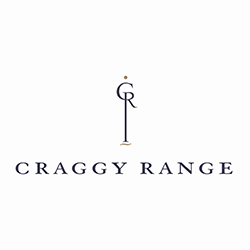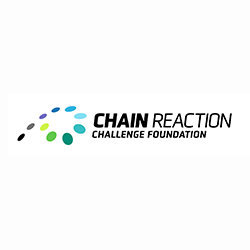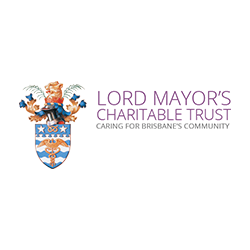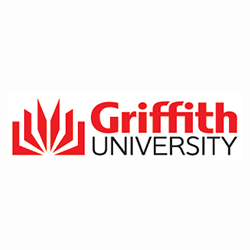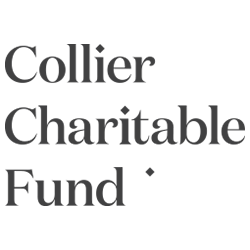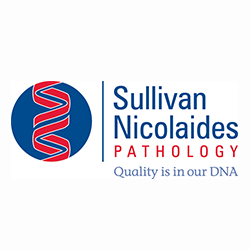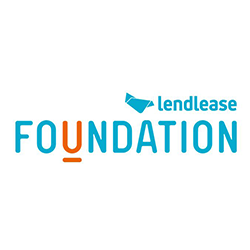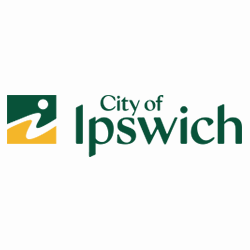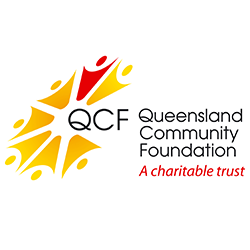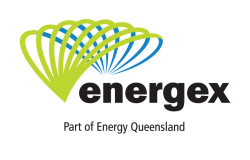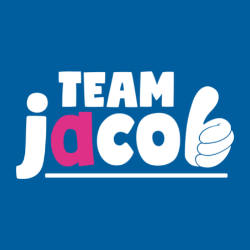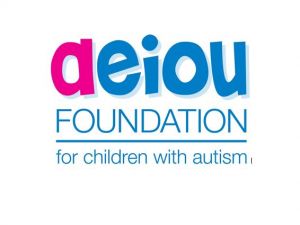
The announcement of a Productivity Commission review into the costs of the National Disability Insurance Scheme (NDIS) is welcomed by leading autism early intervention provider AEIOU Foundation.
The review, announced by Minister for Social Services, Christian Porter MP and Treasurer Scott Morrison, is intended to inform the final design of the $22 billion scheme. The study will examine sustainability, jurisdictional capacity, cost pressures, and appropriate ways to manage potential costs overruns.
AEIOU Foundation Chairman and Founder, Professor James Morton AM, said the review is an opportunity to revisit the criteria set by the Productivity Commission at the start of the NDIS process.
“The Productivity Commission prescribed the development of “valid, reliable, rigorous, and cost effective assessment tools to form a coherent package (‘toolbox’) to be used across Australia, with different tools suited to particular needs of support,” Prof Morton says.
“It is evident there are far more children with autism than the scheme first predicted. Only last week a study published in the international journal Autism Research shows an increase in autism prevalence, due to a greater understanding of this life-long developmental disorder. This study highlighted an increase in children diagnosed with mild autism, indicating there is a real need to create a toolkit which not only ascertains severity, but links severity to the required funding path.
“There is evidence that children who access a program which follows the Australian Guidelines for Good Practice (2012), and includes at least 20 hours of transdisciplinary therapy per week, as recommended in a report by Roberts, Williams, Smith and Campbell (2015), released by the NDIA, will improve their ability to develop essential life skills which facilitate independence.
Prof Morton said assessment provides the means to assess severity, evaluate progress and measure outcomes.
“We have said from the outset there needs to be a network of autism hubs which provide paralleled diagnostic processes and accelerate children with mild to severe autism through intensive early intervention. The hub would also support children with mild autism to access mainstream settings, with the ability to flow between mainstream and early intervention. All this would be underpinned by outcomes based reporting.”
Professor Morton adds that cost benefit analysis conducted by Synergies Economics demonstrates the provision of evidence-based early intervention for children with moderate to severe autism results in improved long-term outcomes, as well as a significant net benefit to both the individual and the wider community.
Professor Morton said the Productivity Commission review needs to consider the NDIA’s commitment to:
- Develop an objective tool kit to confirm diagnosis, assess severity, and evaluate progress (to this point it has been entirely arbitrary); and
- Undertake independent actuarial assessment so it has meaningful data of the cost of delivery of good practice for children with moderate to severe autism.
“People with a disability were promised ‘no disadvantage’,” Professor Morton said.
“This Productivity Commission review is an opportunity to ensure this promise is adhered to. “We have been recommending this action since 2014 and welcome its implementation.”
- ENDS -
MEDIA ENQUIRIES
Petrina Smith Corporate Affairs Manager
E: communications@aeiou.org.au P: (07) 3320 7520 M: 0414 820 847 W: aeiou.org.au



